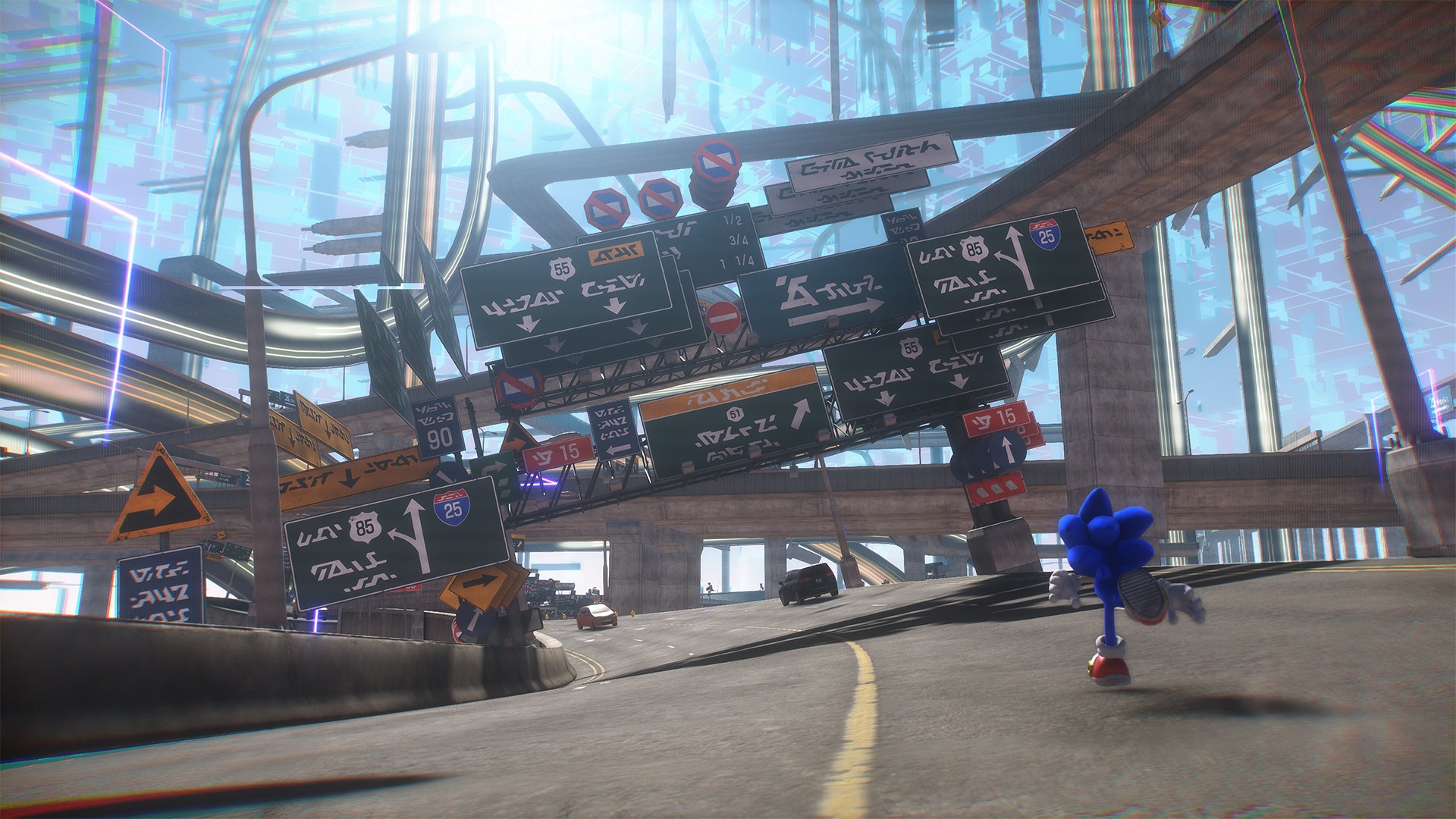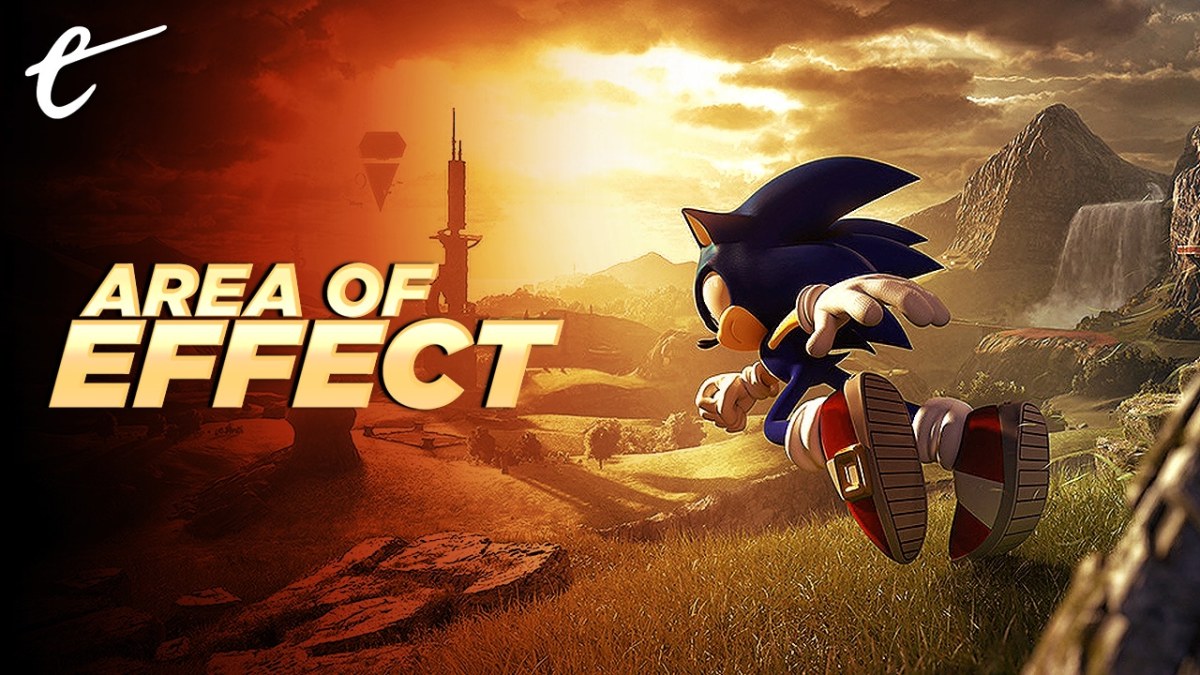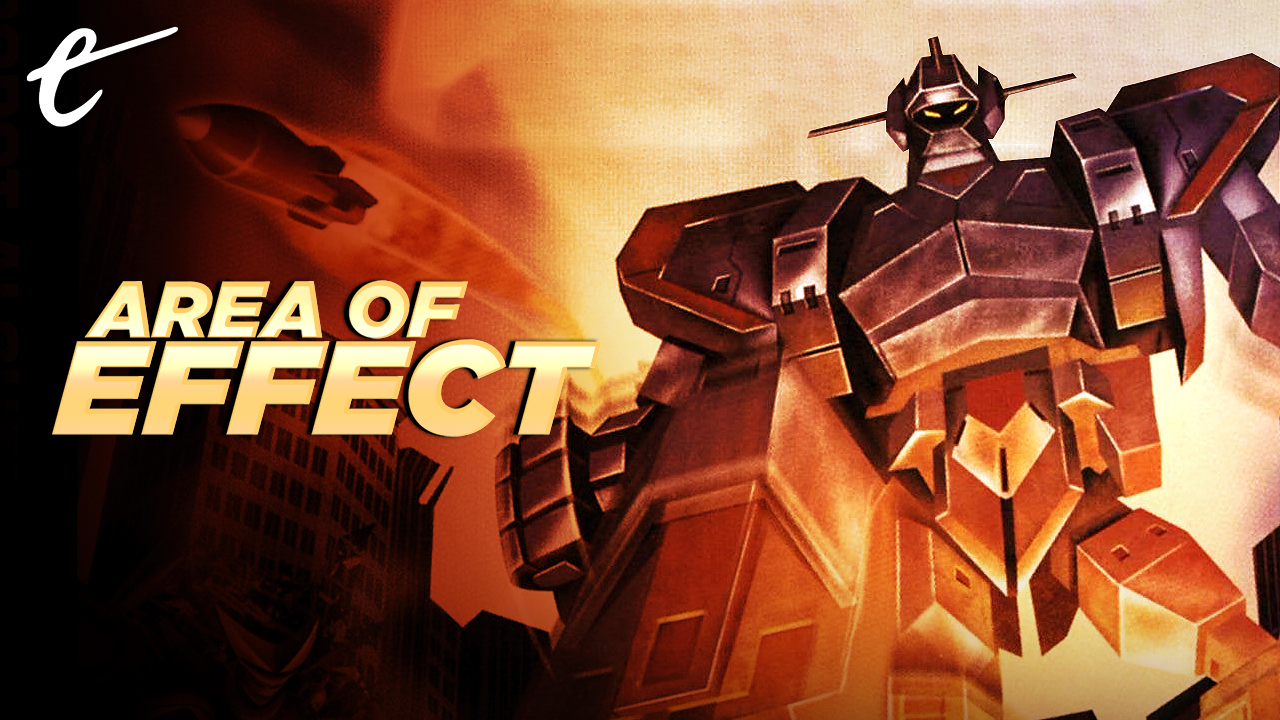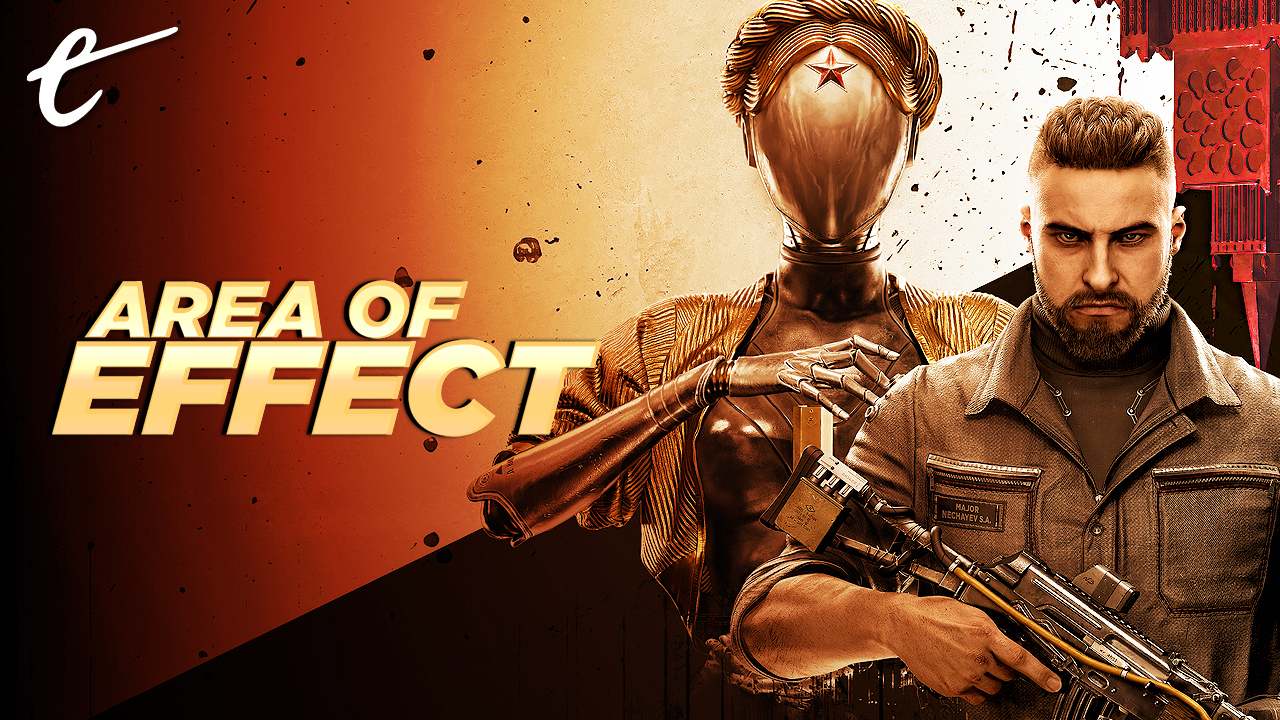If there’s one game Sega should have kept in mind when devising Sonic Frontiers, it’s the arcade version of Sonic the Hedgehog. No, I don’t mean Sonic the Fighters, though I have a lot of admiration for whichever Sonic employee sold the idea of Sonic and friends pummeling each other to a pulp.
Instead, I’m talking about the lesser-known arcade port of Sonic the Hedgehog, from when the coin-guzzling palaces of fun were still popular. At first glance, Sonic the Hedgehog’s arcade incarnation appeared to be a straight port of the Sega Genesis version. It felt as if removing the machine’s back panel would reveal that there was a Sega Genesis squirreled away in there.
But in truth, it’s much more than that. Sonic Arcade, as I’m going to call it, is a streamlined version of the original Sonic that’s (even more so) all about speed, and it’s that approach that should have informed the development of Sonic Frontiers, forcing players to put the pedal to the, er, sneakers.
Sonic Arcade is still available to play through Nintendo Switch’s Sega Ages Sonic the Hedgehog compilation, and it uses a relatively simple technique to keep you on the move: It imposes a strict time limit on each level. The first Green Hill Zone level, for example, gives you a minute to complete it; fail to finish in time and you lose a life.
It’s a far cry from the 10 minutes that you normally get, but it forces you to keep moving, to the point where going back for a handful of rings is a risky move. Later levels give you a little more time, mainly because they’re more complex, but if you succeed you reach the finish line with maybe a few seconds to spare.

Is it challenging? Absolutely, though the arcade version lets you tweak the difficulty a little. But it’s such a rush to scrape in with seconds to spare, and it’s the reason during my student days that I kept coming back to the machine that sat in my union bar. I still dip back into it even now, dialing up the difficulty for the extra adrenaline spike.
Sonic Frontiers, on the other hand, looks to have sidelined Sonic the Hedgehog’s speed. That’s not to say Sonic Frontiers is going to be the worst Sonic game of all time, but reports from the hands-on demo haven’t exactly been positive. If anything, it seems as if Sega is going for an open-world Sonic because it’s run out of other options. Well, apart from Sonic Mania 2, and I’m not holding my breath for that one.
Can you go fast in Sonic Frontiers? Yes, particularly if you dive into the recently revealed cyberspace levels, which resemble more traditional Sonic action stages. But from what we know so far, you’ll spend a lot of time just roaming around, and given how heavily Sonic has been marketed on his speed, it feels off.
We’re given a brief taste of this in Sonic Adventure; the action stages are a joy to play, but the adventure levels are clumsy filler. A character referred to by one ‘90s Sonic show as “the fastest thing alive” ends up trotting around in search of some hidden switch or item, with nothing else to serve as a distraction.
Sure, as Mario you can spend an age hunting for moons in Super Mario Odyssey, but the character has never been sold as plumbing’s The Flash. He guzzles a few too many mushrooms and may have some cuckery-style triangle going on with Peach and Bowser, but hunting down secrets and shortcuts is very much his style – it doesn’t hold as true for Sonic the Hedgehog.

Sonic Team head Takashi Iizuka has in an interview with VGC claimed the gaming public doesn’t understand the formula just yet. That said, the fact Sega is including the aforementioned cyberspace levels suggests that it, too, is trying to hedge its bets. But there is a way to make this work, and it’s Sonic Arcade that has the answer.
I’m not going to pretend that streamlining the original Sonic the Hedgehog was an entirely altruistic act, an opportunity to make a great game even better. The changes, which additionally included removing two levels and applying a range of other tweaks, would also make Sonic Arcade more profitable: The sooner you die thanks to a harsh time limit, the quicker you or someone else puts coins into the machine.
Applying the time limit concept from Sonic Arcade to Sonic Frontiers could be just what this game needs. Give Sonic Frontiers a countdown, and then force the player to top up their time tank by attacking enemies, collecting rings, and pulling off stunts — in short, the same kind of high-speed antics that he’s known for.
When all is said and done and the credits roll, reward the player with some kind of artifact, cheat, or so forth that removes that timer. You’ve saved the world, and finally, as uncharacteristic as it may be, you get to roam around flicking hedgehog snot at every one of Doctor Robotnik’s fallen machines.
Sonic Forces may have had a mixed reception, but according to Sega, it sold strongly; the one thing you can safely say about Sonic is he’s not going to go away anytime soon. Let’s just hope Sonic Frontiers remembers he’s gotta go fast.





